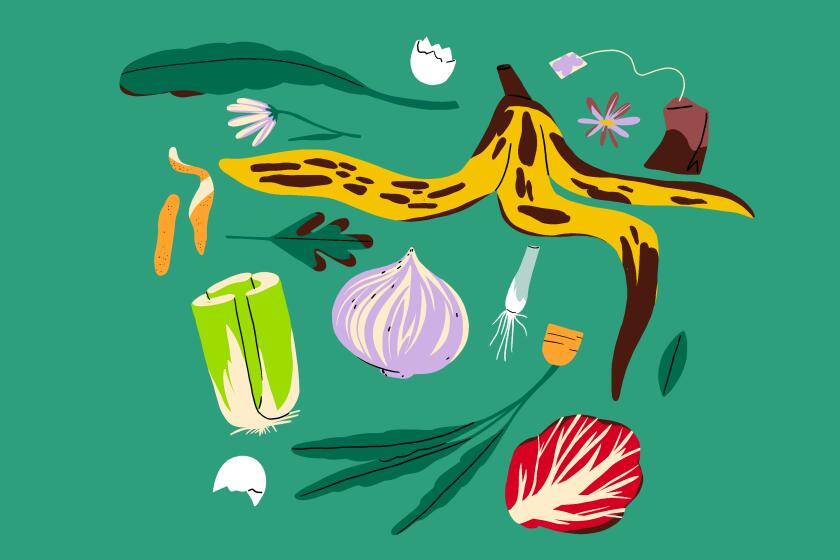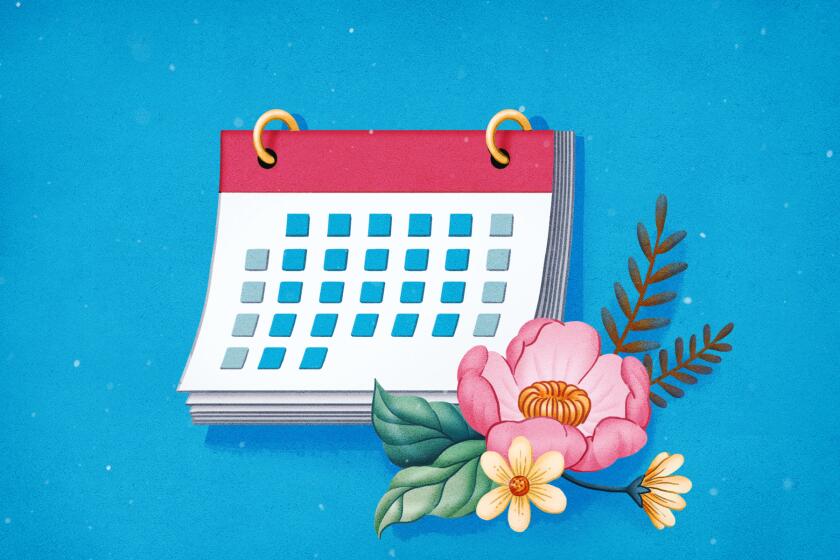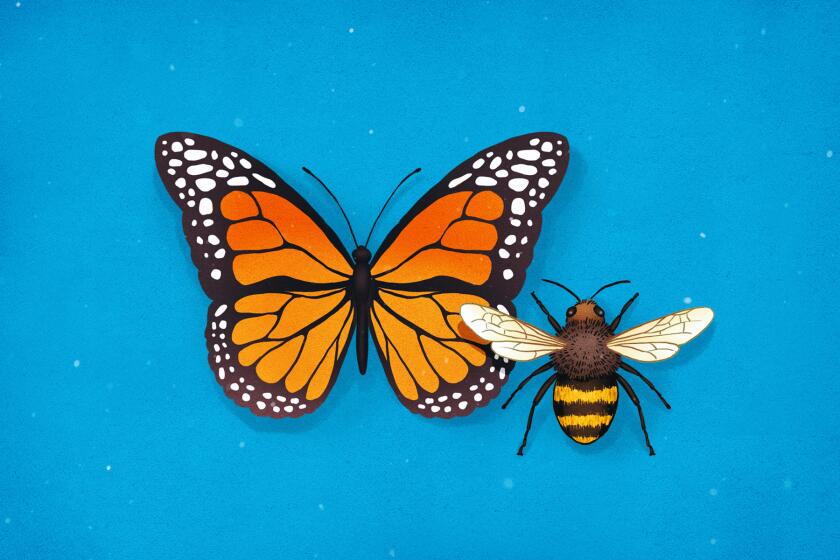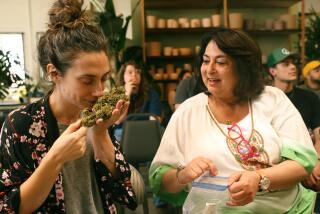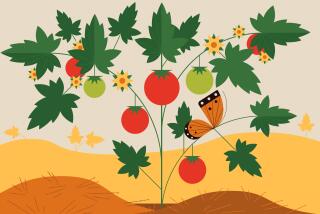10 things for plant parents to do this summer
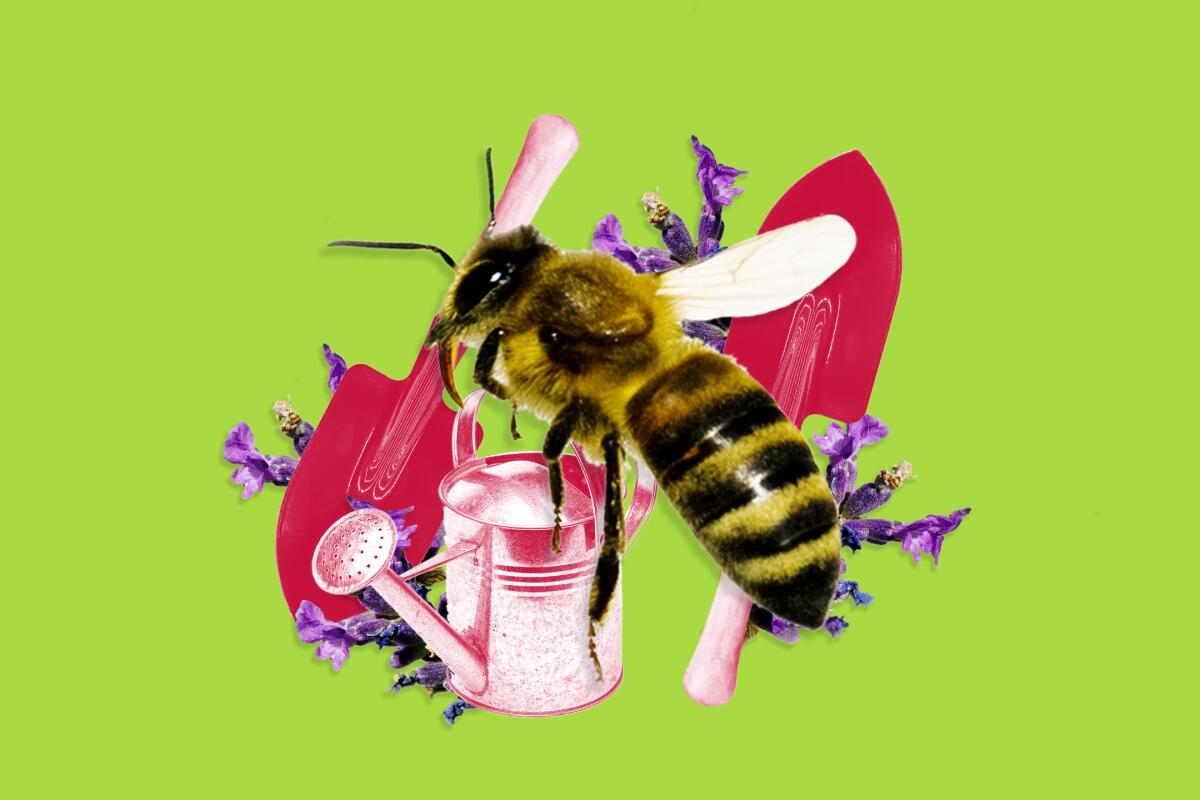
- Share via
Summer in the garden is all about maintenance, sustenance and pure enjoyment (assuming the first two are successful). Here are 10 things to do now to enhance your summer garden.
1. Rejuvenate your pots
Pull your root-bound plant out of its container and tease any compacted roots out of their circular growth. A new pot should be just one size larger, with ample drainage. Use new potting soil at the bottom and sides, not on top, and water well. Recycle old soil in your compost pile. Speaking of which ...
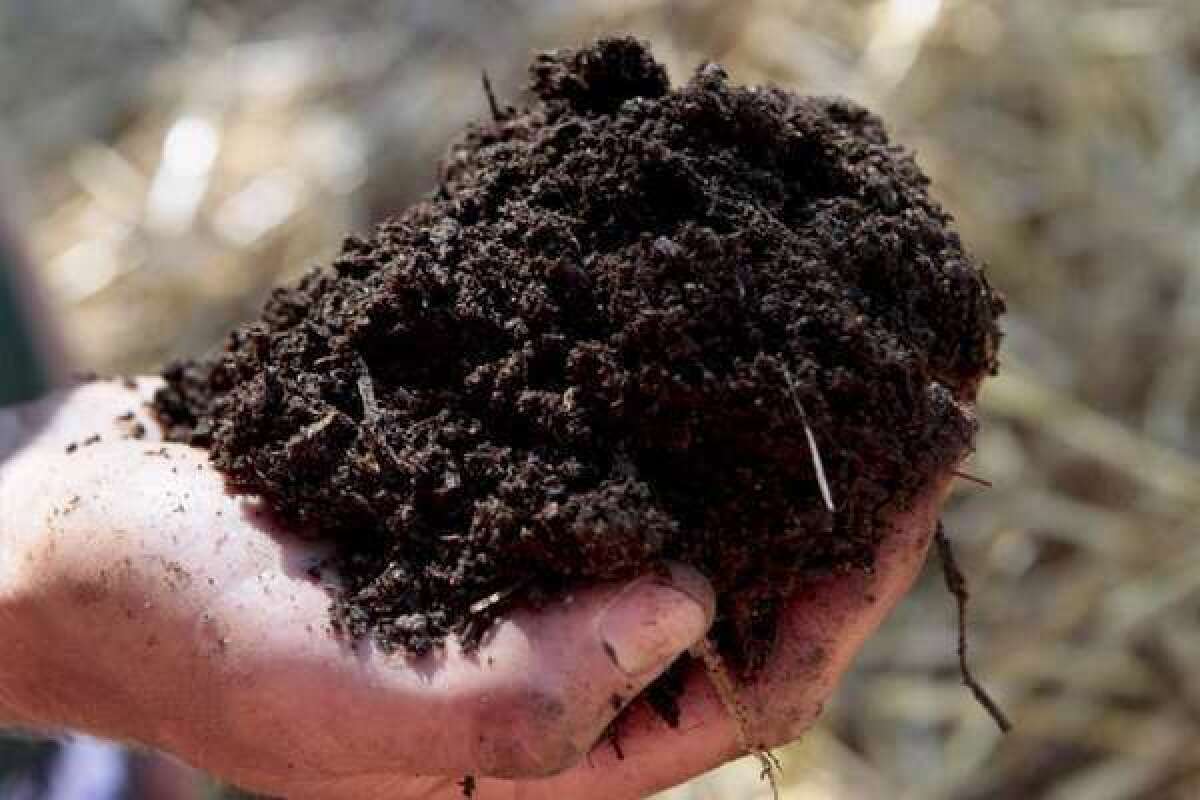
2. Start a compost pile
This is a win-win on multiple levels, since it keeps kitchen and garden waste out of the landfill and transforms it into a soil-building amendment for your garden. Most municipalities have instructions for building a compost pile and some offer free or reduced-price bins.
Get The Wild newsletter.
The essential weekly guide to enjoying the outdoors in Southern California. Insider tips on the best of our beaches, trails, parks, deserts, forests and mountains.
You may occasionally receive promotional content from the Los Angeles Times.
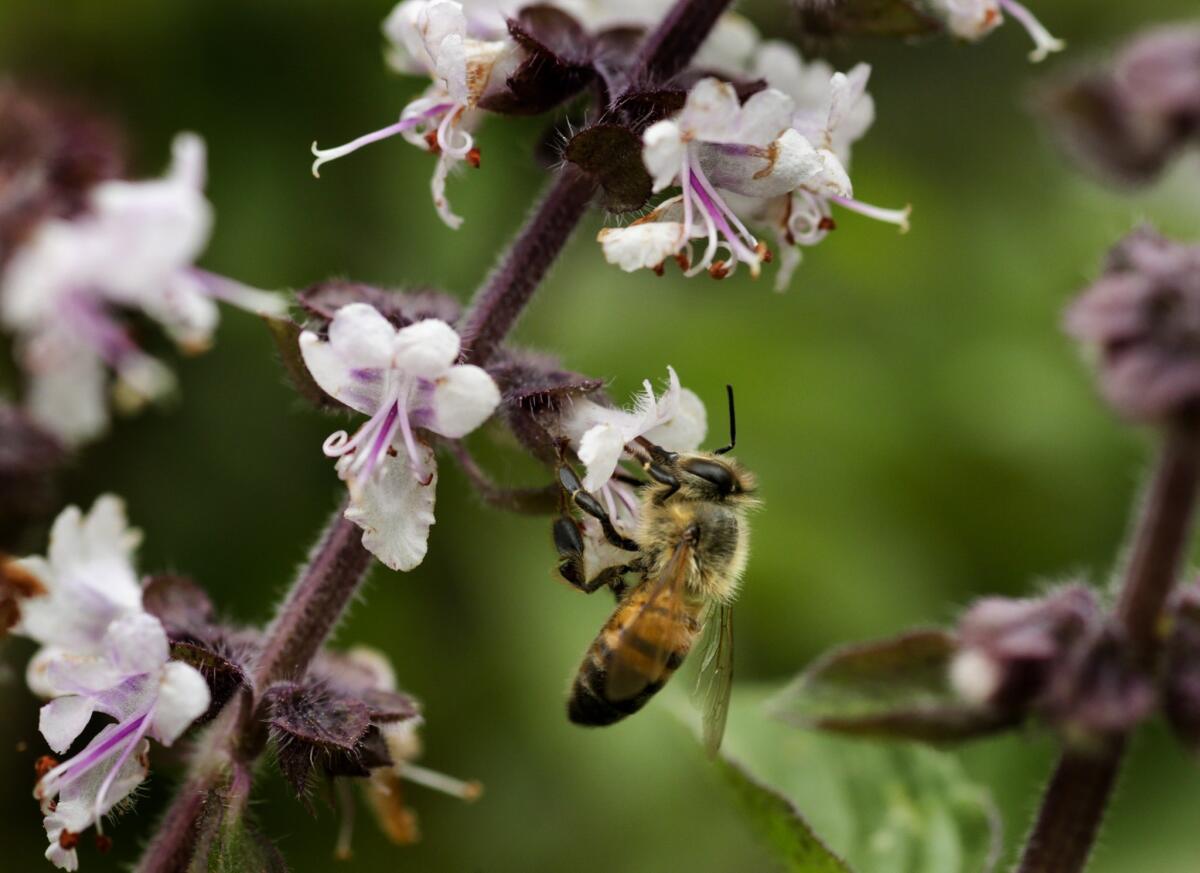
3. Help the bees
Even if you have just a patio garden, help the local bees — and your garden’s pollination — by planting some African blue basil in a pot or the ground. The spikes of creamy white and lavender flowers are fragrant bee magnets, as beautiful as they are useful in flavoring.
How to make compost and (help) save the world.
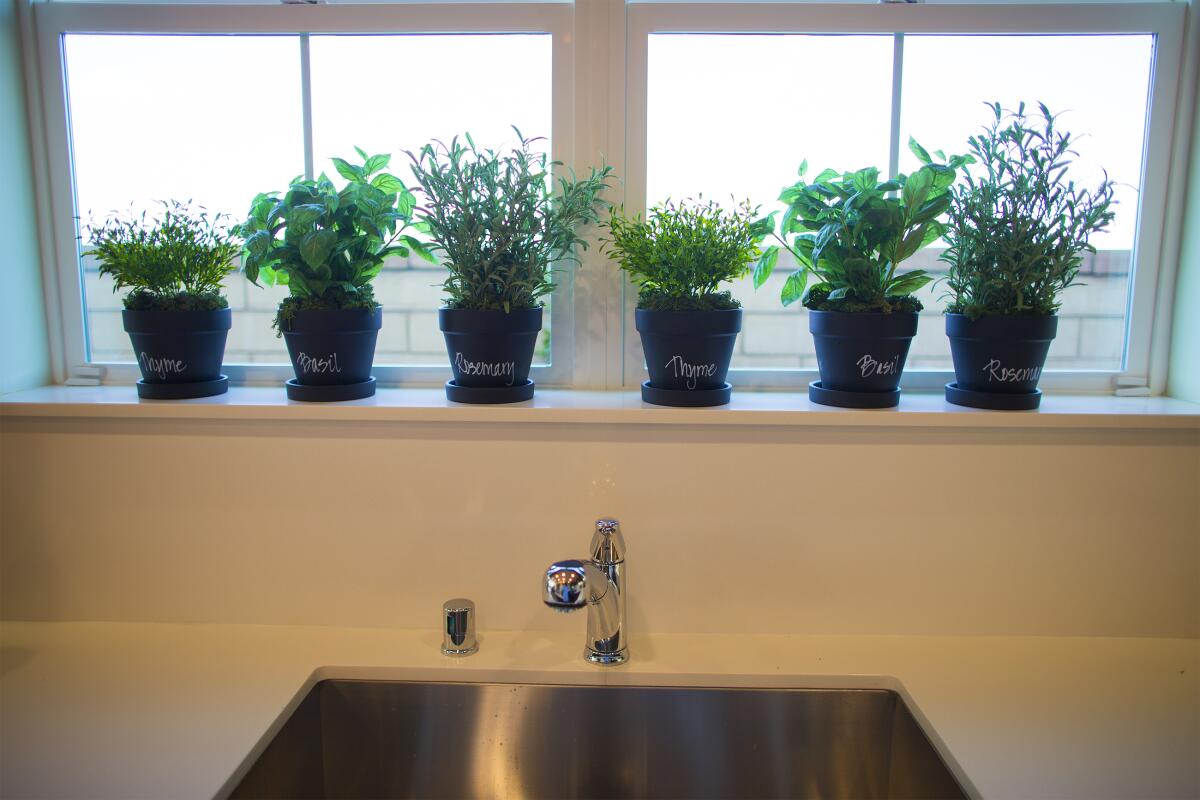
4. Start an herb garden
All you need is a hot, sunny spot, a few pots or even a wide watering trough (with lots of holes for drainage) to start an endlessly useful herb garden. Group water-hungry herbs like basil, cilantro, chives and parsley in one area. Rosemary, sage and thyme prefer less water.

While stuck at home during this pandemic, we’ve found plants and gardening to be an unexpected source of relief. What exactly is going on in our brains when we spend time in the company of plants? We look into the science behind how plants can reduce stress and anxiety and help us feel connected to the outside world.
5. Plant some flowers
Find space in your garden or patio for a pot of geraniums or a few six-packs of sunflowers, zinnias or other colorful flowers. Dahlia bulbs can be planted now to produce breathtaking blooms late in the season.
An annual is a plant that lives and dies in one growing season. A perennial regrows year after year. You should have both in your garden, and here’s why.
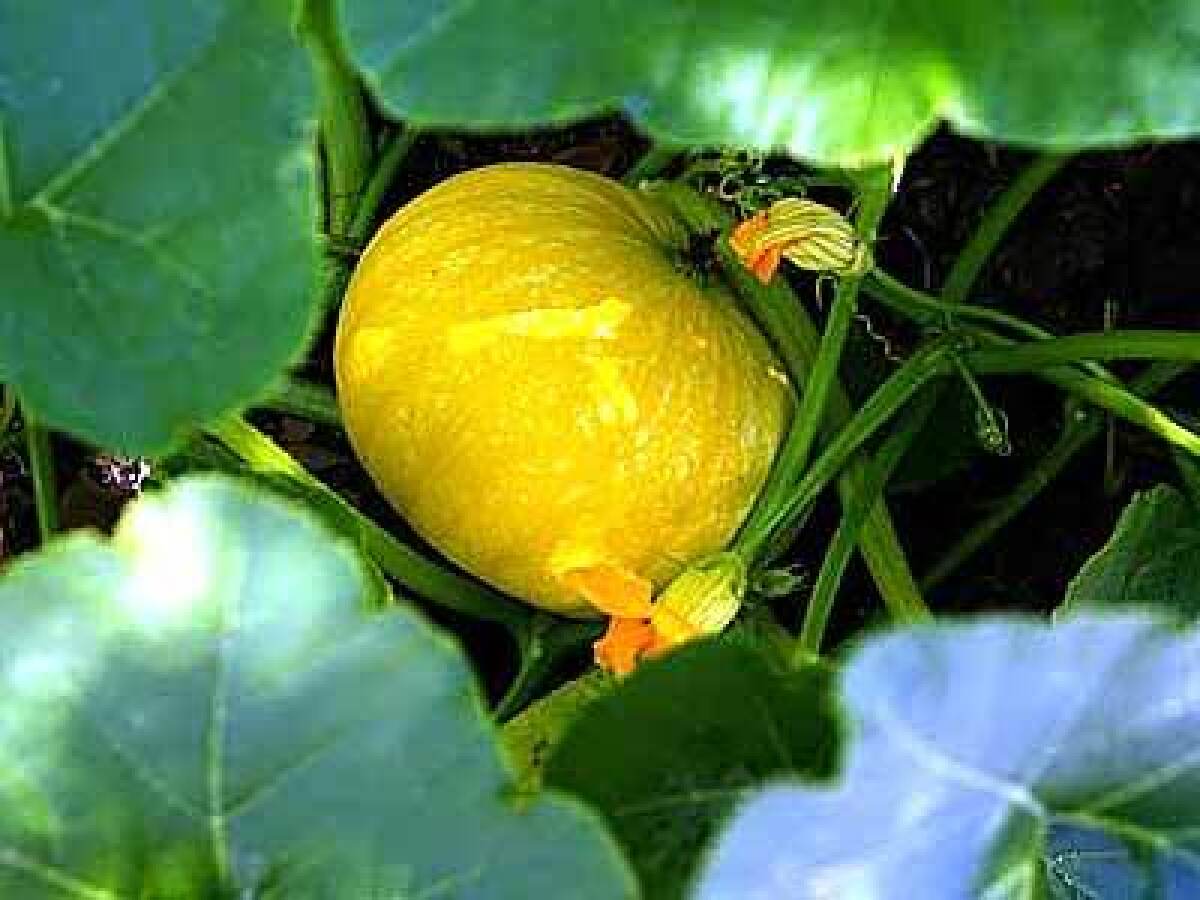
6. Invest in Halloween
If you have a bit of space, and especially if you have children, plant some pumpkins in well amended soil and stand back once they sprout. (You can almost watch them growing.) Gently carve names or designs in the emerging gourds for personalized pumpkins come fall.
7. Deadhead, man
No, not the band. This is when you take clippers in hand and cut back spent blooms from your roses and other plants to encourage a new set of flowers. Cut roses back about half the length of their stem to encourage strong new growth.
What plants will fill your yard with happy bees and butterflies? These six species are musts.
8. Weed
Knock those weeds down now, before they take over your garden this summer. At a minimum, use a weed whacker to knock down large swaths of weeds, preferably before they go to seed, to reduce future growth.
9. Plan a native garden
If you really want to help the world, create a garden of native plants. Visit California Botanic Garden, which recently reopened, gawk at the gorgeous blooms (and their size), then start mapping out where to put them in your yard this fall, the best time to plant.
10. Visit your plants daily
Stroll your garden every day, with a cup of coffee by morning or a glass of wine at twilight. Make a point of inspecting your plants for water stress or pests on a regular basis and take some time to savor all the sights and smells.
What to do this summer locally and at home
More to Read
Sign up for The Wild
We’ll help you find the best places to hike, bike and run, as well as the perfect silent spots for meditation and yoga.
You may occasionally receive promotional content from the Los Angeles Times.
